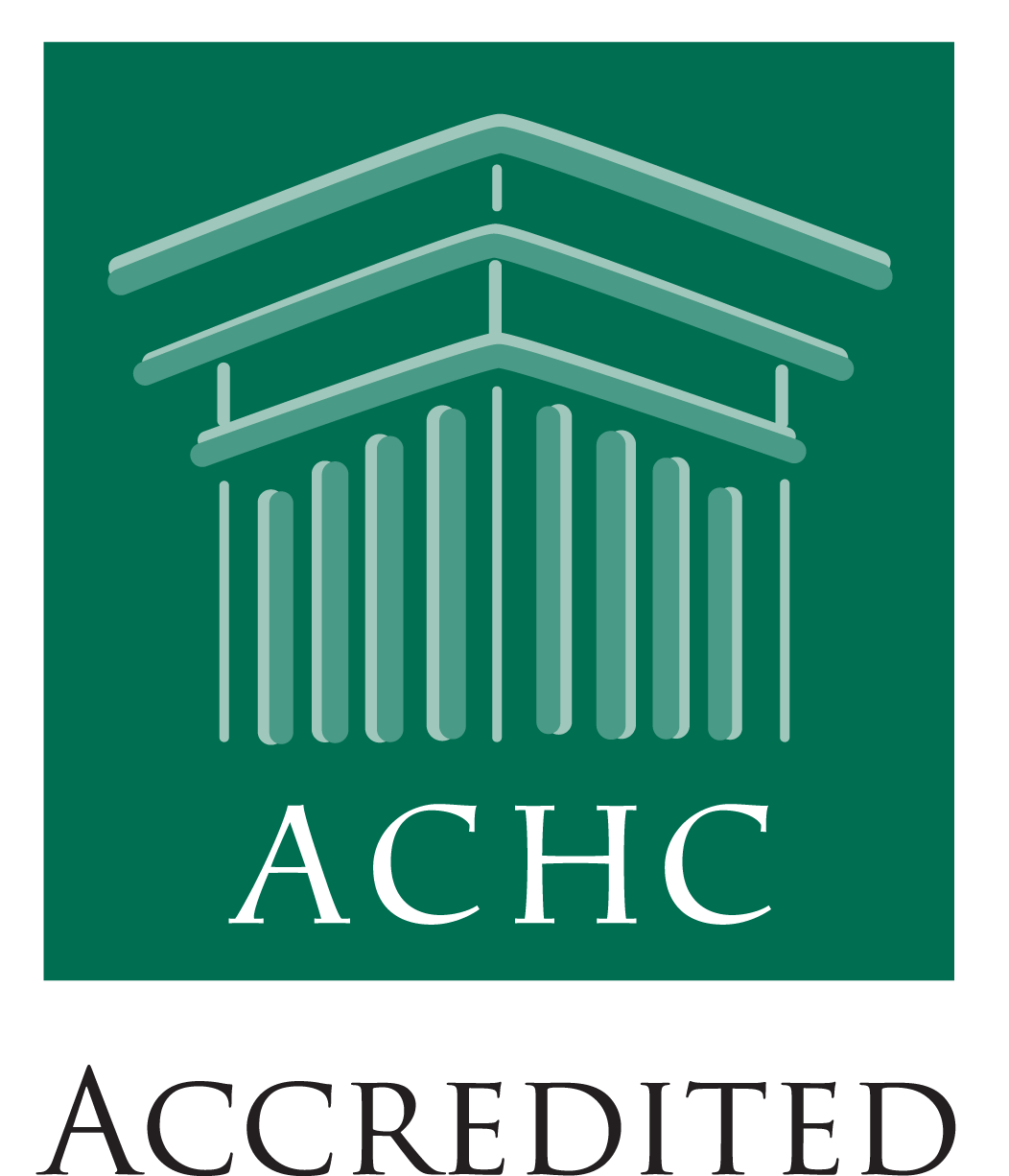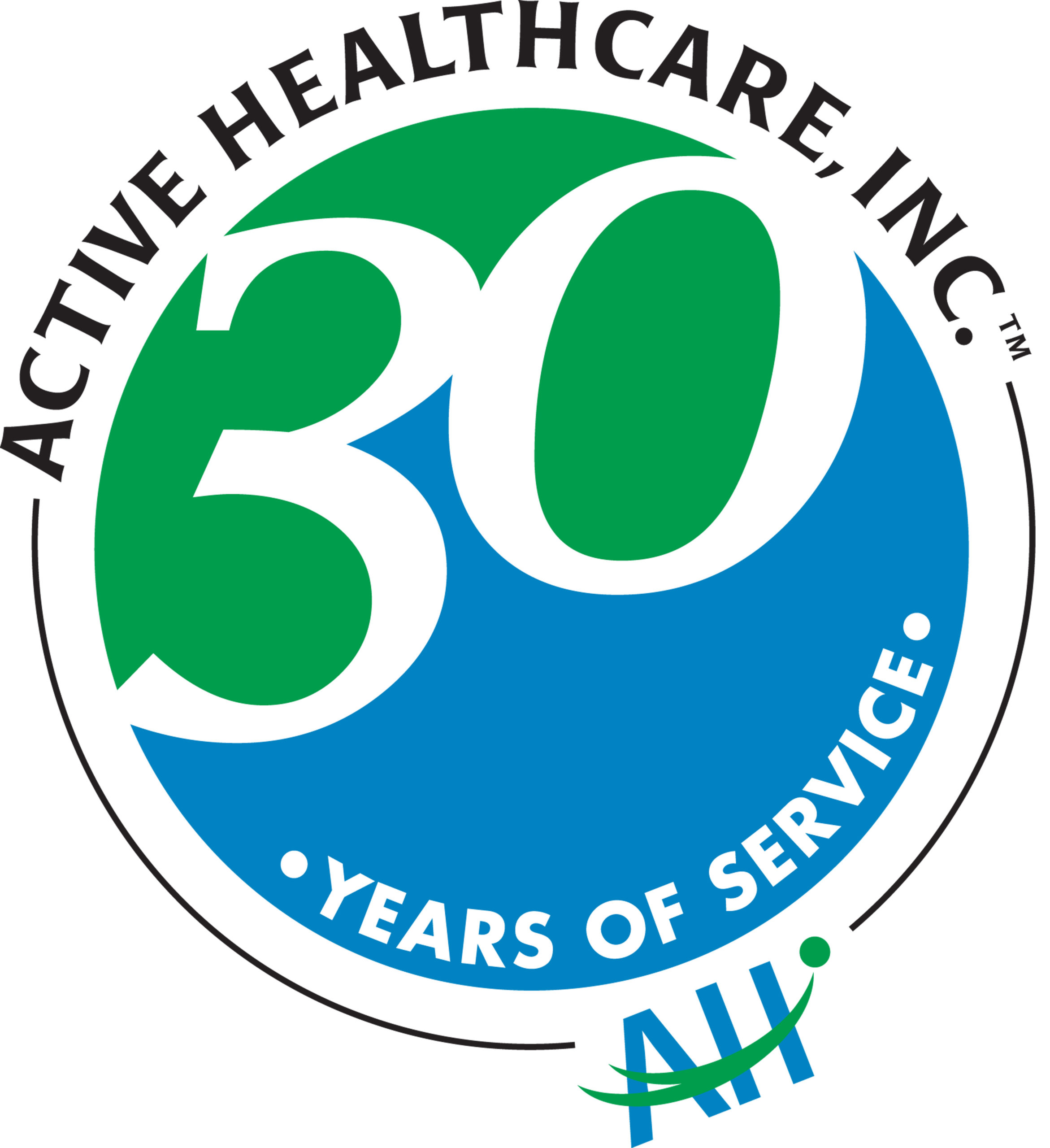
The holidays are the perfect time to make traditional dishes.
I read a funny story the other day by NPR’s Marc Silver about his quest to decipher a dog-eared, stained cookbook from his late mother-in-law. He wanted to keep her memory present at holiday meals, but struggled with missing information (and sometimes misinformation) from his mother-in-law’s handwritten notes. Through trial and error, he managed to nearly re-create her popular recipes but admits, “I guess there are some ingredients only a grandmother can bring into the mix.”
The holidays are the perfect time of year to make these time-honored traditional foods that have been passed down to each generation. However, with so many different foods available at holiday parties, individuals with food allergies can feel like their work is cut out for them. Food allergies can cause life-threatening reactions and in some cases can trigger asthma symptoms. Common symptoms of food allergies can be nausea, vomiting, diarrhea and rash. If your food allergies trigger asthma symptoms, you may start coughing and wheezing, which can lead to anaphylaxis if not treated promptly. If you have a food allergy, here are some steps to take to stay safe during the holiday season:
Update Your Food Allergy & Anaphylaxis Emergency Care Plan
This plan outlines symptoms and warning signs of allergic reactions. It also provides steps and visuals that explain how to help someone experiencing anaphylaxis and how to administer an epinephrine auto-injector.
Keep Medication on Hand
Make sure your epinephrine auto-injector isn’t expired, and keep one with you– especially when you’re attending a meal at a friend or family member’s home. Make sure family members are familiar with your emergency care plan so they can help you quickly in the event of an emergency.
Ask About the Menu
If possible, ask the party’s host ahead of time about the menu and let them know about your food allergies. You can also offer to bring a dish that you know is safe, or host a gathering at your home where you can more closely monitor the menu.
Prep for Travel
The Food Allergy Research & Education (FARE) group has a handy checklist of how to prepare for a flight, and what to keep in mind while traveling. You’ll want to notify the airline of your food allergies, and pack your own safe snacks for traveling. Wipe down the tray table in case there’s leftover snack residue from a previous traveler, and keep your EpiPen® with you instead of in the overhead bin.
The holidays can be a challenging time for individuals with food allergies, but it’s also a time to create family traditions with new food allergy-friendly recipes. Allergic Living has an “Allergy Safe Recipes Search” where you can search for tasty meals that are food allergy-friendly. This gluten-free “Hungarian Goulash with ‘Buttery’ No Egg Noodles” recipe caught my eye! What new food allergy-friendly holiday dish will you try this year?
 Meridian Medical Technologies, a Pfizer company and Mylan’s manufacturing partner, has expanded a voluntary recall of select lots of EpiPen (epinephrine injection, USP) and EpiPen Jr® (epinephrine injection, USP) Auto-Injectors to now include additional lots distributed in the U.S. and other markets in consultation with the U.S. Food and Drug Administration (FDA).
Meridian Medical Technologies, a Pfizer company and Mylan’s manufacturing partner, has expanded a voluntary recall of select lots of EpiPen (epinephrine injection, USP) and EpiPen Jr® (epinephrine injection, USP) Auto-Injectors to now include additional lots distributed in the U.S. and other markets in consultation with the U.S. Food and Drug Administration (FDA).




























